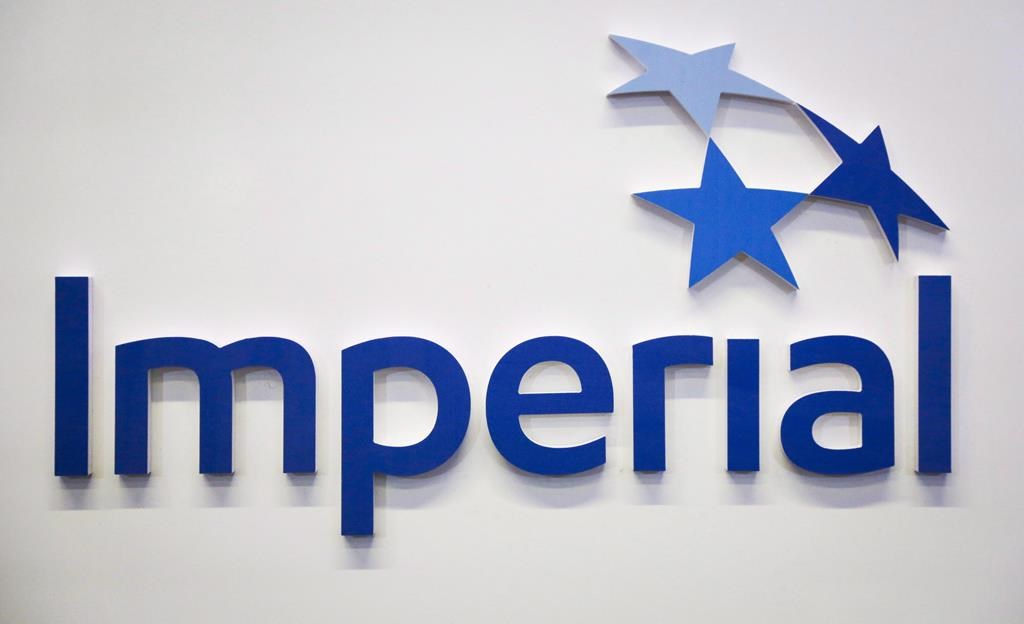-1691697483.jpg)
TD eSeries Funds vs robo-advisors
viewimage / Shutterstock
Investors are constantly looking for the next investment breakthrough, and passive investors have been fortunate in recent years as the advent of robo-advisors and index-based options such as the TD eSeries of funds have brought a whole new array of options. With the increasing number of retirees in Canada, there has been a large growth in demand for investment vehicles that provide a safe and secure method to park capital; while also offering some form of healthy returns, all while minimizing the amount of work needed to get money from one’s paycheque to their RRSP or TFSA.
Robo-advisors and low-cost index funds provide exactly this.
TD eSeries mutual funds
TD offers a comprehensive set of low-cost mutual funds, called ‘e-Series funds,’ which are available to TD clients online through TD Canada Trust EasyWeb, or through TD Direct Investing. The primary advantage of these funds is the extremely low management fee (MER), as well as their passive investment strategies (no picking stocks or bonds and trying to outperform the market average).
What is a Management Expense Ratio (MER)?
The Management Expense Ratio (MER) is essentially the commission paid to the fund manager by each investor in the fund. It is determined by an annual calculation, where the fund’s operating expenses are divided by the average dollar value of its assets under management (AUM). The largest component of operating expenses; however, is the commission fees paid to the fund manager, so it is essentially a measurement of the commission paid.
TD eSeries mutual funds offer extremely low MERs, with some as low as 0.33%; one of the lowest in the entire industry. This is due to the fact that they do not have to pay fund managers to analyze stocks as the funds simply copy the underlying index that they are tracking. Not only that, but these funds come with no additional setup fees, nor do they charge you transaction fees when you make deposits.
There are numerous TD e-Series funds that track various indices, according to investor preferences (descriptions from the Globe and Mail):
- The TD Canadian Bond Index tracks the performance of the DEX Universe Bond Index. This index is made up of Canadian investment-grade bonds, that mature in more than one year.
- The TD Canadian Index tracks the performance of the S&P/TSX Composite Total Return Index, which is comprised of Canadian equities traded on the Toronto Stock Exchange.
- The TD U.S. Index tracks the performance of the S&P 500 Total Return Index, comprised of 500 widely-held U.S. equities.
- Finally, the TD International Index tracks the Morgan Stanley Capital International Europe, Australasia and Far East Index. This index is broadly diversified, and consists of equities domiciled in developed markets outside the U.S. and Canada.
Robo-advisors in Canada
The latest development in the world of investing, which has revolutionized the financial advising sector, is robo-advising. Before these folks entered the low-cost investing arena, the eSeries essentially had the place to themselves. The term ‘robo-advisor’ conjures up images of a machine using complex algorithms to actively play equity markets, but this could not be further from the truth. Robo-advisors such as Wealthsimple are essentially online portfolio managers, who manage money on behalf of passive investors according to predetermined investor goals and criteria. These online-only platforms save tons of cash on brick-and-mortar expenses and pass those savings on to consumers.
Robo-advisors simplify investing for passive investors, who do not have the time or desire to choose between the many investing strategies out there, and simply want to earn an adequate return while preserving capital – as well as a super easy way (automated?) to get their money from their paycheque to their RRSP or TFSA. These services offer a limited range of portfolios, typically based on exchange-traded funds (ETFs). These systems simply use algorithms to adjust portfolio weightings in different asset classes, according to changing market conditions. While you could decide to open a discount brokerage account and buy your own ETFs, many Canadians simply don’t want the hassle of worrying about buying and selling individual ETFs in order to balance their portfolio over the long term.
The real ingenuity behind these systems is that they are able to customize a portfolio and investing strategy based on a limited number of inputs from the investor when the account is initially established. Robo-advisors rebalance client portfolios when the balances vary from calculated ‘targets,’ which are determined by a simple questionnaire that prospective clients fill out online. This frees up human advisors to answer any questions that you might have and guarantees ultra-low fees for your investments.
January 2018 Update: Robo-advisor popularity continues to grow in Canada as more and more investors become aware of the fees that they can cut. While Wealthsimple remains the top dog (and has even expanded into the USA and UK) they will face stiff competition from not only fellow fintech startups but also TD’s corporate cousins. Check out our BMO SmartFolio review and RBC InvestEase review for more information and direct comparisons with not only the TD eSeries, but also other robo-advisors. It will be interesting to see going forward if TD will join the robo-advisor party or lowers the cost of their eSeries in order to compete within this space. Because BMO has their own series of ETFs they were the logical candidate to be first out of the gate on this, but now that they have set the pace I’d be mildly surprised if competitors like TD, Scotiabank and CIBC don’t at least consider taking a shot at such a quickly growing Canadian market.
TD eSeries Funds and robo-advisors: a comparison
Both robo-advisors and eSeries funds offer passive investors a method of low-cost investing in conservative portfolios. When it comes to costs faced by the investor, there is very little difference between TD e-Series funds and robo-advisors. The annual MER charged by TD for their e-Series funds varies from 0.33% to 0.50%. Robo-advisors typically charge around ~0.50% when both their fees/commissions and their underlying ETFs are taken into consideration. Both fees generally go down as the investor increases the amount of assets they hold with the company.
So, what is the differentiating factor?
The first key difference between the two methods is the fact that the investor must choose which eSeries fund they wish to invest in, and re-allocate capital between the funds themselves according to their perception of market trends or their version of an index investing strategy (some minor math involved). Robo-advisors, on the other hand, have a simple algorithm which reallocates capital between ETFs on behalf of the investor, meaning that once you put your money in the hands of the robo-advisor, your job is done (no math required).
The other major factor that one has to take into consideration when looking at this battle for our index investing dollars, is the advice component that robo-advisors offer. While you don’t meet face-to-face with financial advisors when it comes to robo-advisors, you can get your questions answered by Skype, email, live chat, or even text. TD offers nothing comparable from an advice standpoint.
Which option is best for me?
While many Canadian personal finance gurus have been touting the TD eSeries funds for a long time, it is tough to deny the fact that robo-advisors (see our Wealthsimple Review) are an inherently superior product. For more or less the same cost, Canada’s robo-advisors offer easy rebalancing, simple account setup, a solid advice component, and several other smaller perks that the eSeries just can’t keep up with.
It used to be that the biggest advantage TD’s index investing leader had was that clients didn’t have to pay transaction costs every time they invested money. (This was a particularly large advantage for investors just getting started with small account balances.) These days with not only robo-advisors but also Questrade’s free ETF purchases make the TD eSeries a lot less of a “can’t miss” market leader.
Similar comparison articles of robo-advisors vs. funds
Disclaimer
The content provided on Money.ca is information to help users become financially literate. It is neither tax nor legal advice, is not intended to be relied upon as a forecast, research or investment advice, and is not a recommendation, offer or solicitation to buy or sell any securities or to adopt any investment strategy. Tax, investment and all other decisions should be made, as appropriate, only with guidance from a qualified professional. We make no representation or warranty of any kind, either express or implied, with respect to the data provided, the timeliness thereof, the results to be obtained by the use thereof or any other matter.





